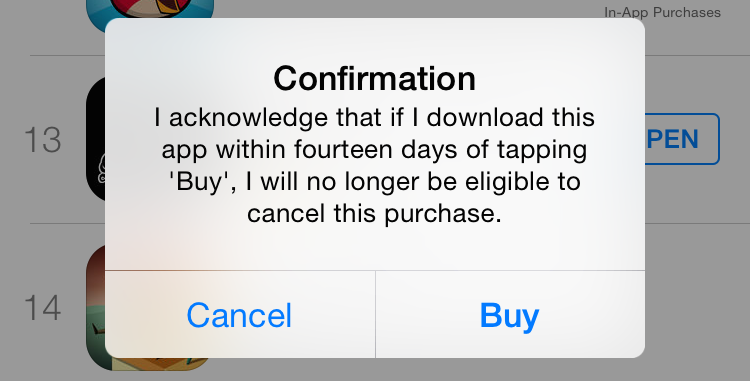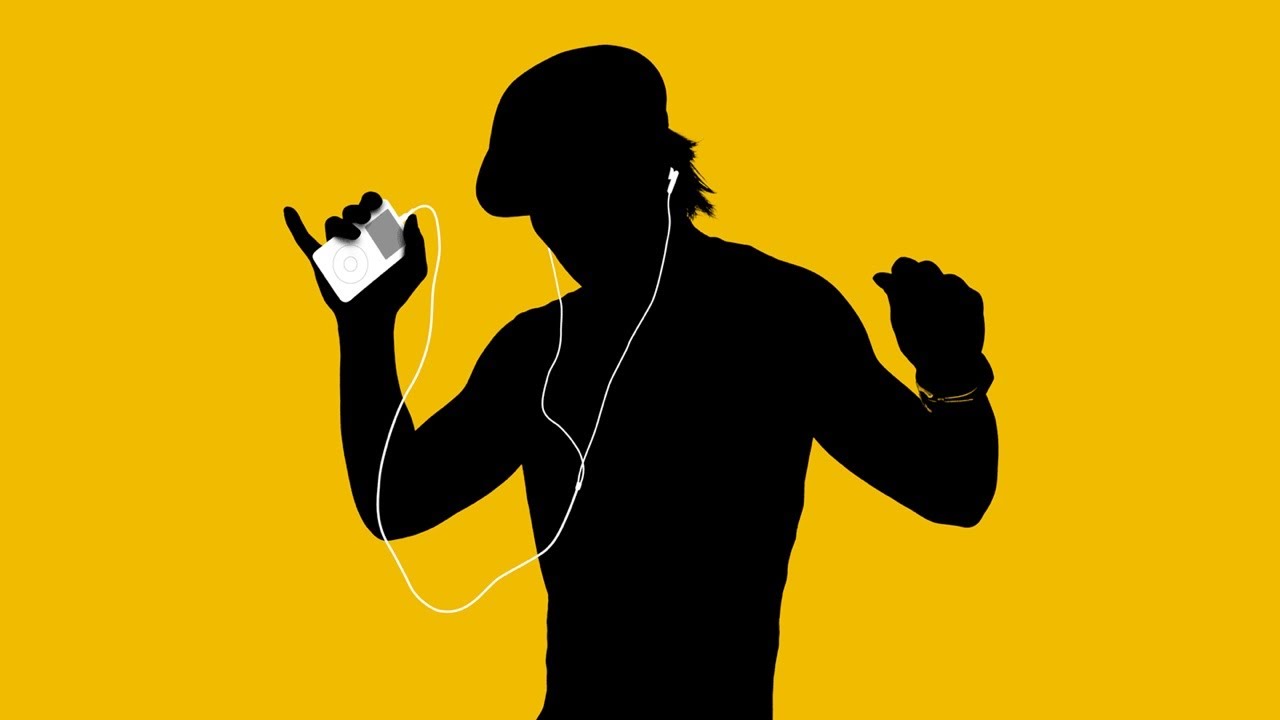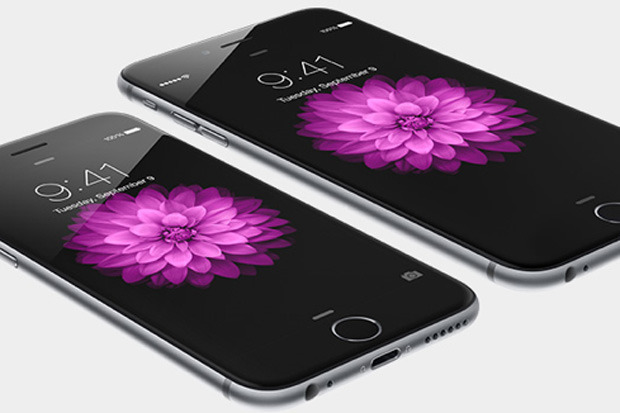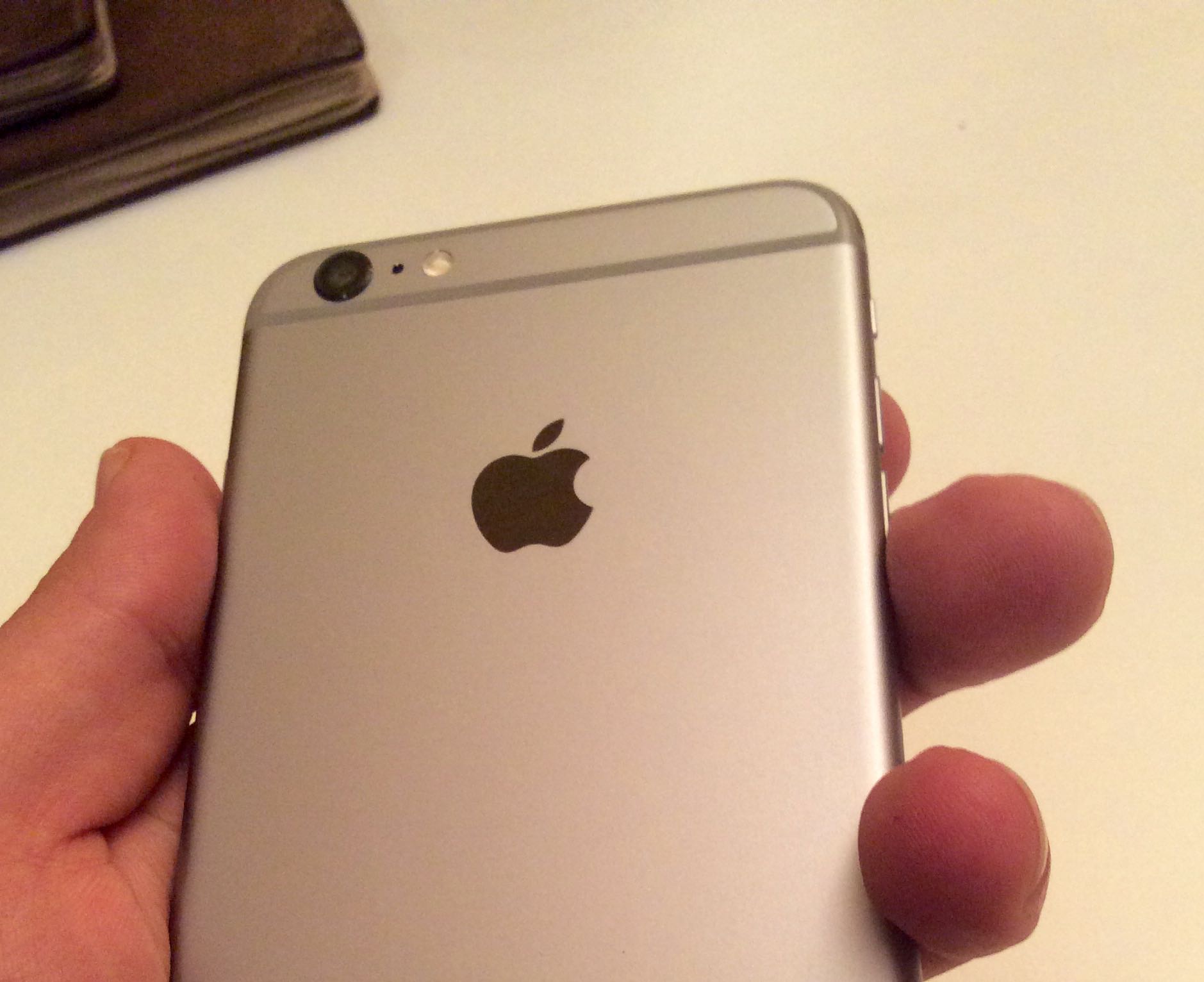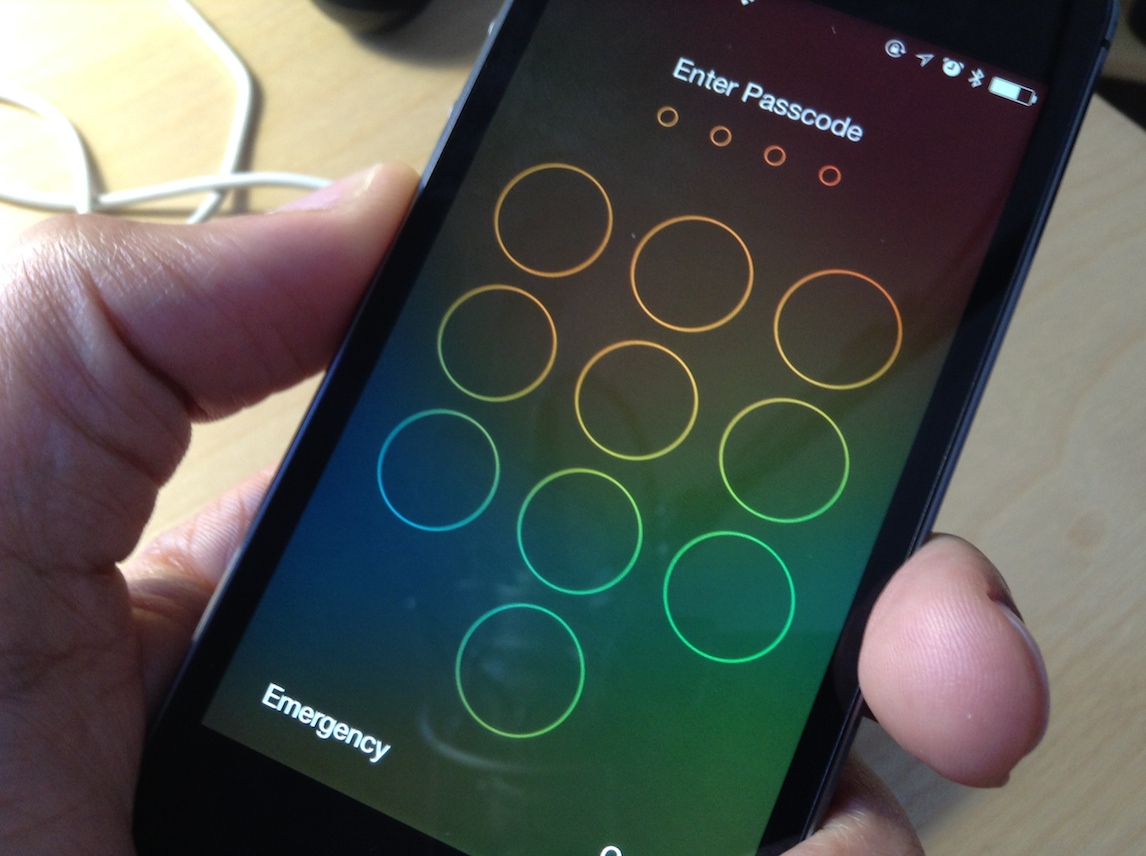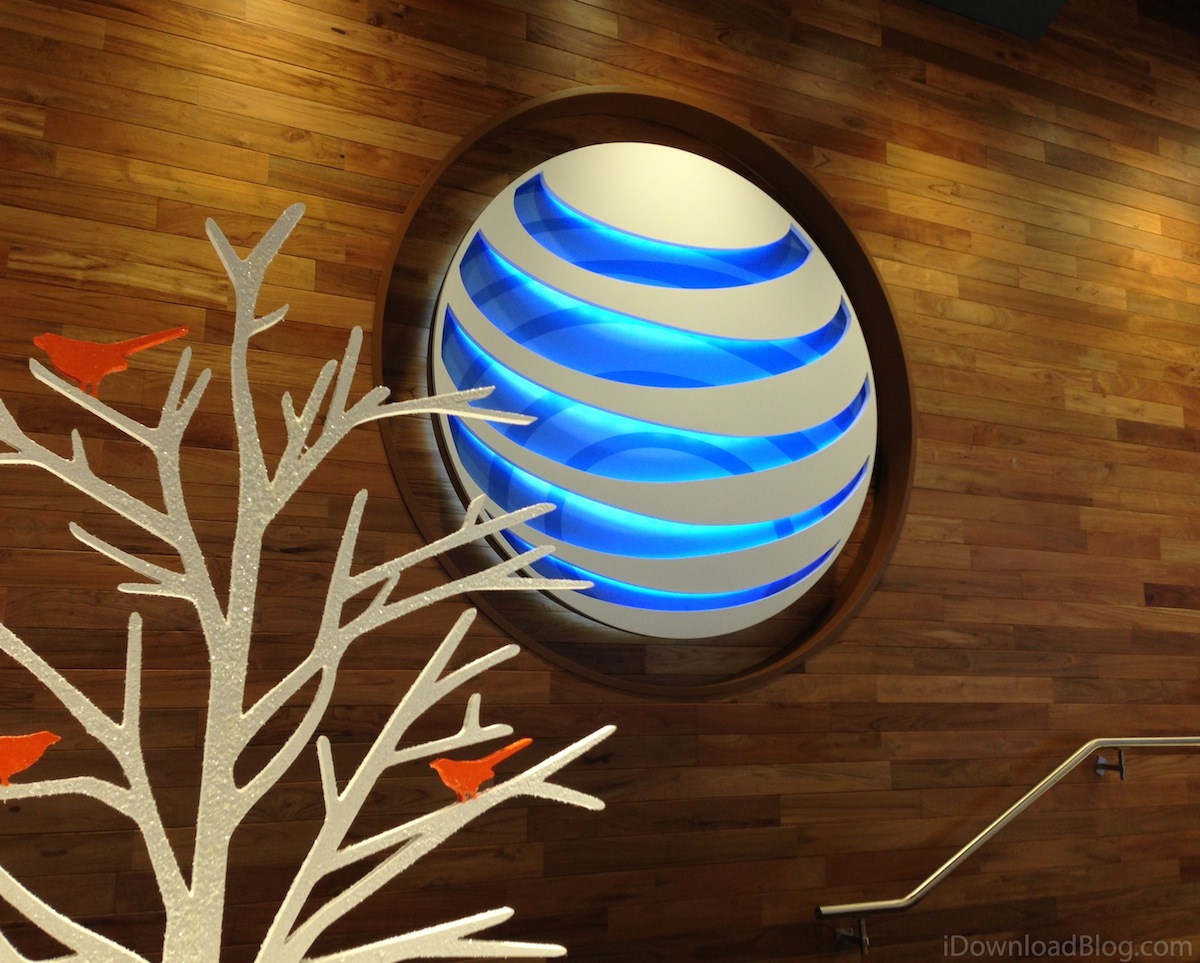It's sad that we've grown accustomed to greedy carriers and their unlimited data deals. Not only does unlimited service typically come with lots of strings attached, carriers have dumb excuses ready once folks realize their data speeds are being throttled.
Having decided not to let it slide, the United States Federal Trade Commission (FTC) is now taking AT&T to court over what it called “deceptive and unfair data throttling” policy.
As announced on Twitter and via a media release, the FTC's federal court complaint alleges that the Dallas, Texas headquartered firm in some cases reduced data speeds for unlimited customers by up to 90 percent while failing to explain in clear and concise manner why and when throttling would take place.
“AT&T promised its customers 'unlimited' data,” reads the complaint, “and in many instances, it has failed to deliver on that promise”.
“The issue here is simple: 'unlimited' means unlimited,” said FTC Chairwoman Edith Ramirez. AT&T's other sin: the company avoided mentioning throttling to customers who were about to renew their unlimited contracts.
